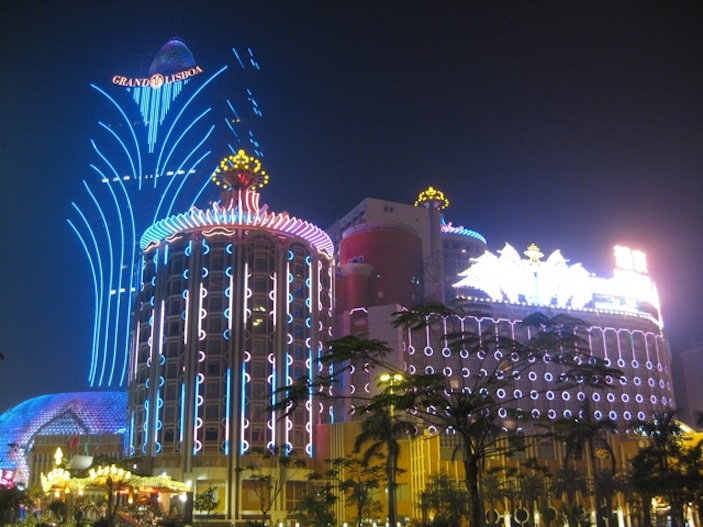IDmacau: The Risk-Taking Propensity of the Chinese
Macau generated the same gambling revenue as Las Vegas in 2004 with just 4% of the number of slot machines and 40% of the gaming tables, and less than 10% of the number of hotel rooms.
This reflects the difference in risk-taking propensity between two of the largest market economies in the world. Whereas gambling is largely a form of entertainment in the West–look at how much the club scene is an integral part of the Las Vegas experience as compared with strictly gambling–in China it is seen as something much greater: a battle with destiny or one’s fate. It may take you a visit here and a walk through these casinos to fully understand this.
Given that this culture gave us the I Ching, feng shui, lucky numbers in fortune cookies and the like, it is obvious that luck is a primary building block to Chinese culture. I can’t recall how many times, for example, I have nearly tripped over a roast pig, a raw chicken, flowers, or burning incense outside of a shop grand opening while traversing Hong Kong–all offerings for luck.
So next time you are looking to get away, party and throw some money around for kicks, head to Vegas. But if you want to have a true battle against destiny, then Macau is the place for you. I’m just surprised China’s suicide rate isn’t a bit higher, since so many of these people obviously walk away thinking destiny is against them…
.jpg)







